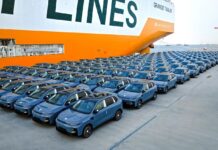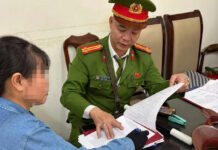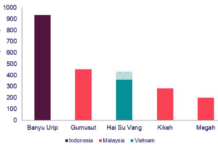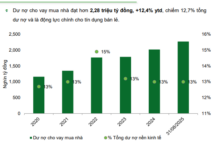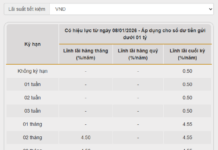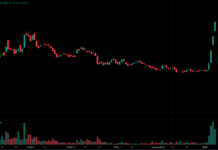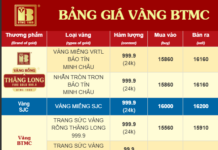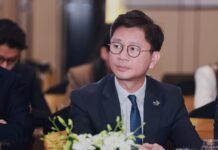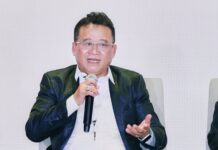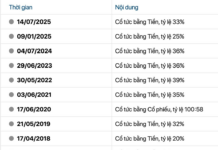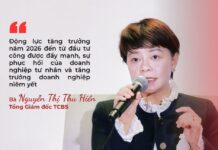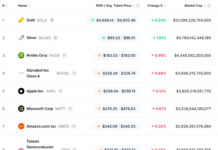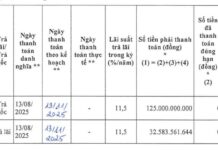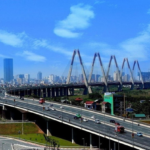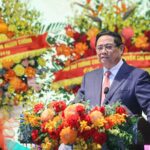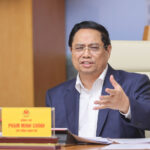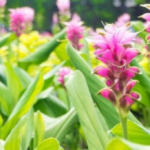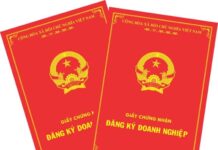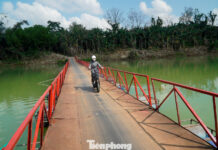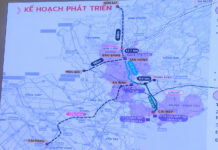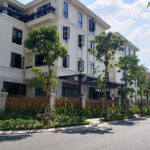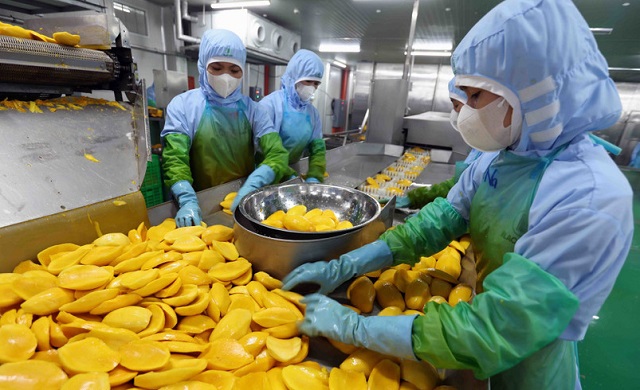
Over the past 80 years, Vietnam has transformed from a colonial country with a backward agricultural system and food shortages to a leading exporter of agricultural products, playing a significant role in the global food supply chain.
This 80-year journey has been marked by the relentless efforts and aspirations of the Vietnamese people and the government. It is a testament to the hard work, dedication, and intelligence of farmers, scientists, and policymakers alike.
Dr. Dang Kim Son, from the Institute for Market Research and Agricultural Policy, reflects on the remarkable progress of Vietnamese agriculture over the last eight decades. He highlights how agriculture has become a key driver of socio-economic development, contributing significantly to the country’s growth at each historical stage.
“We have ensured food security, become a powerhouse in rice and other agricultural exports, successfully eradicated poverty, and maintained social and economic stability,” Dr. Son emphasizes. These achievements are a testament to the resilience and determination of the agricultural sector throughout Vietnam’s history.
For many Vietnamese, rice holds a special significance, as it was once a scarce commodity during times of prolonged hunger and food shortages. However, the introduction of the 100-year lease in 1981 and the 10-year lease in 1988 marked a breakthrough in agricultural management, known as the “khoán” reform. Despite facing chronic hunger for over 40 years, Vietnam’s innovative thinking led to the first rice exports in 1989.
Rice, a small but mighty grain, put Vietnam on the world map and paved the way for numerous other agricultural products to follow. It was the first step in the country’s journey to becoming an agricultural powerhouse.
Indeed, each sector within the agricultural industry, including crop production, animal husbandry, and aquaculture, has made remarkable strides over the last 80 years, contributing significantly to the industry’s overall growth.
In the livestock sector, for instance, Dr. Nguyen Xuan Duong, Chairman of the Vietnam Livestock Association, notes that Vietnam has achieved a notable ranking in the region and globally. “Vietnam’s pig herd is the sixth largest in the world, and our production ranks seventh globally,” he says. Additionally, Vietnam is second only to China in waterfowl farming, and our animal feed industry and dairy processing sector lead the ASEAN region,” Dr. Duong adds.
Aquaculture, a key export sector generating tens of billions of USD annually, has also witnessed remarkable progress. It contributes nearly a quarter of the agricultural sector’s GDP, with Vietnam ranking third in the world in aquaculture export value and fourth in production volume.
According to the Ministry of Agriculture and Environment, Vietnam is the world’s leading exporter of cashew nuts, the second-largest exporter of rice and coffee, the third-largest exporter of fruits and vegetables, and the fourth-largest exporter of seafood.
Not only has Vietnam increased the quantity of its agricultural exports, but it has also successfully entered demanding markets such as the European Union, Japan, South Korea, and the United States. Additionally, the focus has shifted towards producing high-quality agricultural products, with signature items such as ST25 rice, specialty coffee, organic shrimp, and processed fruits.
The journey from a food-deficient country to achieving top rankings in the global markets for rice, coffee, pepper, fruits and vegetables, cashews, shrimp, and catfish is a testament to Vietnam’s growing reputation and the resilience of its farmers and agricultural sector.
The driving force behind these achievements lies in the Party’s recognition of agriculture as a priority sector, coupled with the implementation of various policies since the renovation period. These policies reflect an evolution in thinking, shifting from a focus on agricultural production to a broader perspective of agricultural economics.
This evolution is evident in Resolution No. 19-NQ/TW, issued on June 16, 2022, which emphasizes the crucial role of agriculture, farmers, and rural areas in national development until 2030, with a vision towards 2045. Additionally, the Strategy for Sustainable Agricultural and Rural Development sets the goal of making Vietnam a leading exporter of processed agricultural products, integrating production with environmental protection, emission reduction, and the robust application of science, technology, and digitalization.
As Associate Professor and Dr. Nguyen Do Anh Tuan, Director of the International Cooperation Department of the Ministry of Agriculture and Environment, points out, “The combination of science, technology, and institutional reforms has propelled Vietnamese agriculture forward. We have not only ensured food security but also established ourselves in the global supply chain with high-quality, branded products.”
Dr. Le Quoc Thanh, Director of the National Agricultural Extension Center, underscores the pivotal role of scientific research in this remarkable journey. “From crop and livestock breeding to successful technology transfers and applications, we have revolutionized production processes and embraced innovative organizational models. This has enabled Vietnamese agriculture to thrive and compete globally with high-quality, branded products,” Dr. Thanh emphasizes.
As Vietnam embarks on a new era of growth and development, agriculture remains a fundamental pillar, building on its historical significance, potential, and advantages. It continues to be a pioneering sector, solidifying its status as a national strength.
Pham Thanh Huong
– 08:55 17/08/2025
Unlocking the Potential: Minister of Science and Technology, Going Beyond Tech Indexes to Tackle Core Tech and Market Conundrums
In the context of the integration of the science and technology sector with the information and communications field, the Prime Minister requested that the Ministry shift its focus from building targets to creating a technology market, forming innovative enterprises, and mastering 70% of domestic strategic technology.
Danang Seeks Thaco Investment for a Billion-Dollar Metro Project: A 100km Super-Line to Connect with Hoi An in Just 20 Minutes
“The vibrant city of Da Nang seeks investment from the renowned THACO, owned by billionaire Tran Ba Duong, for an ambitious urban railway project. This proposed venture aims to forge a strategic connection between the enchanting town of Hoi An and the thriving Chu Lai area. With THACO’s involvement, this project has the potential to revolutionize transportation and connectivity in the region.”


